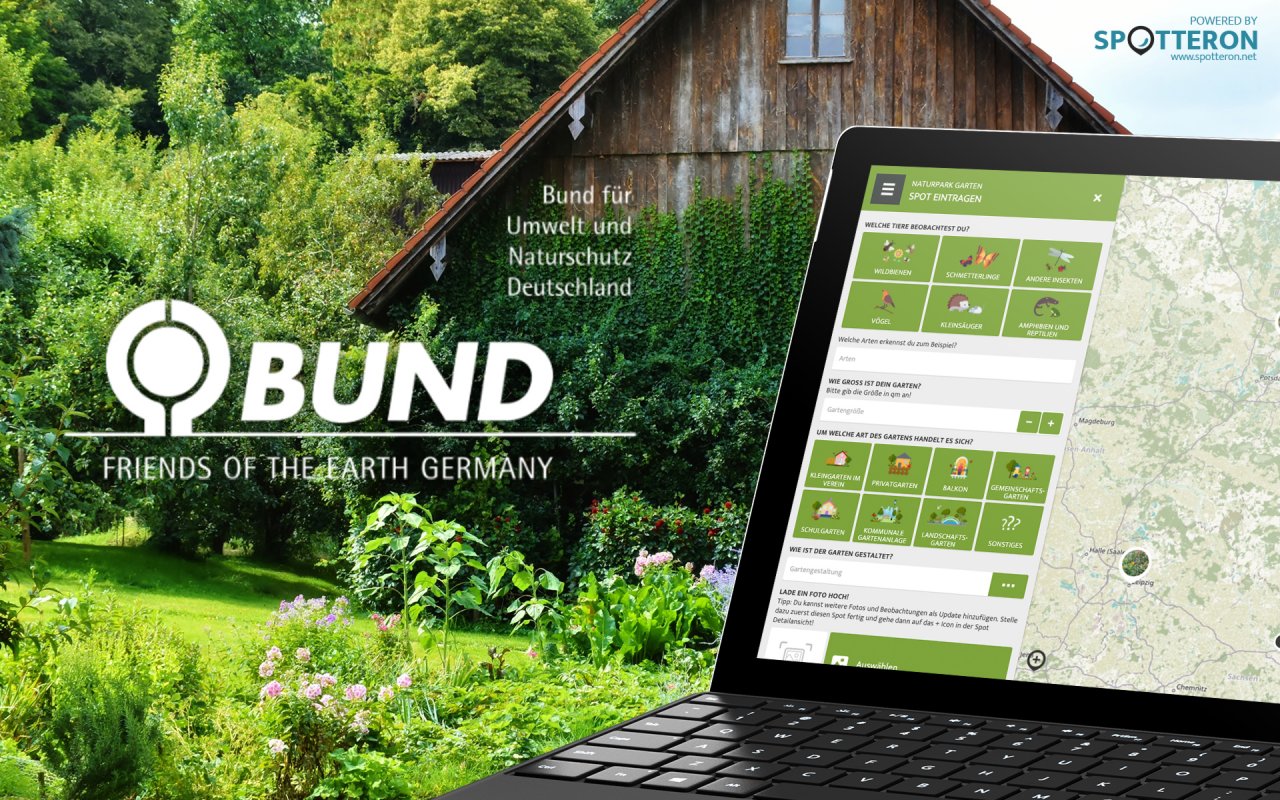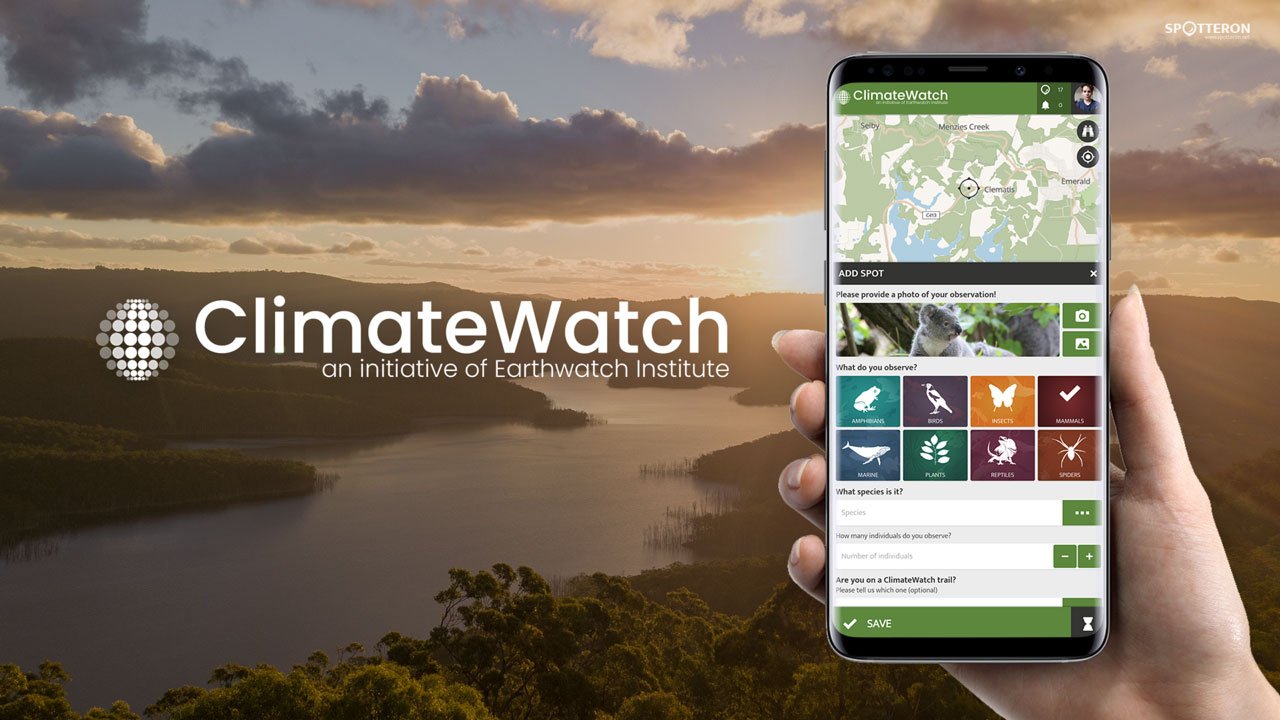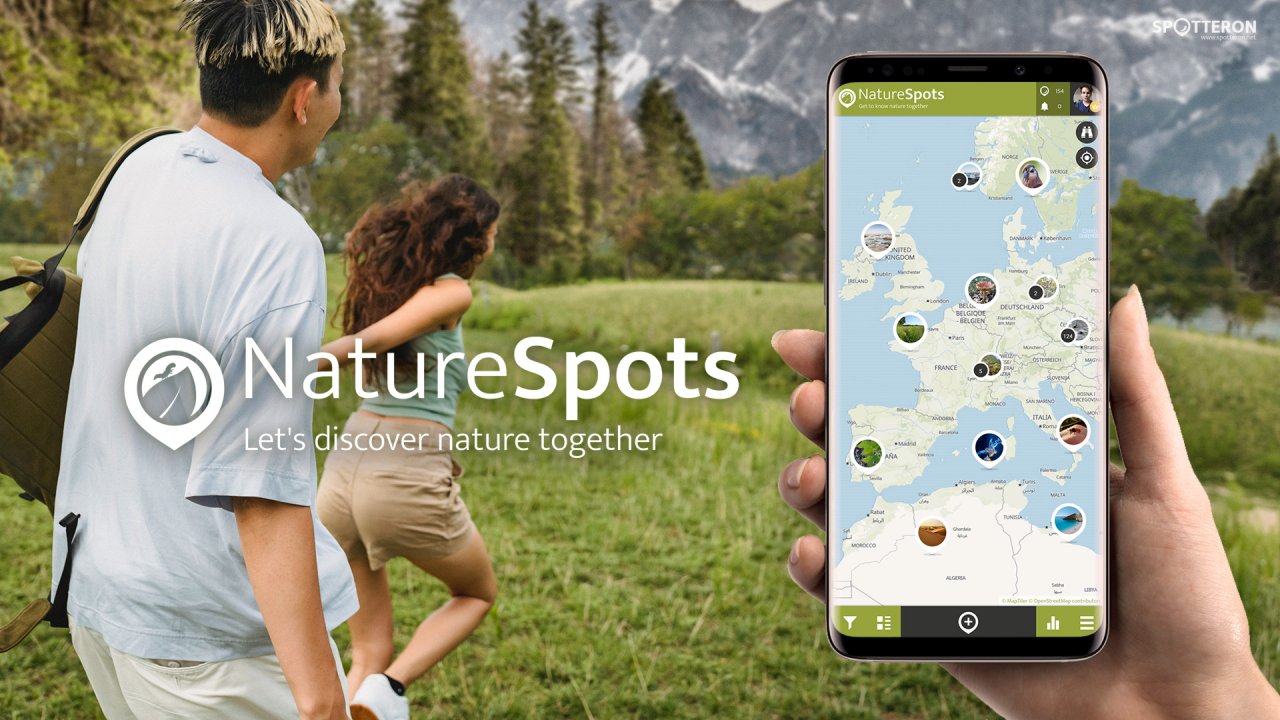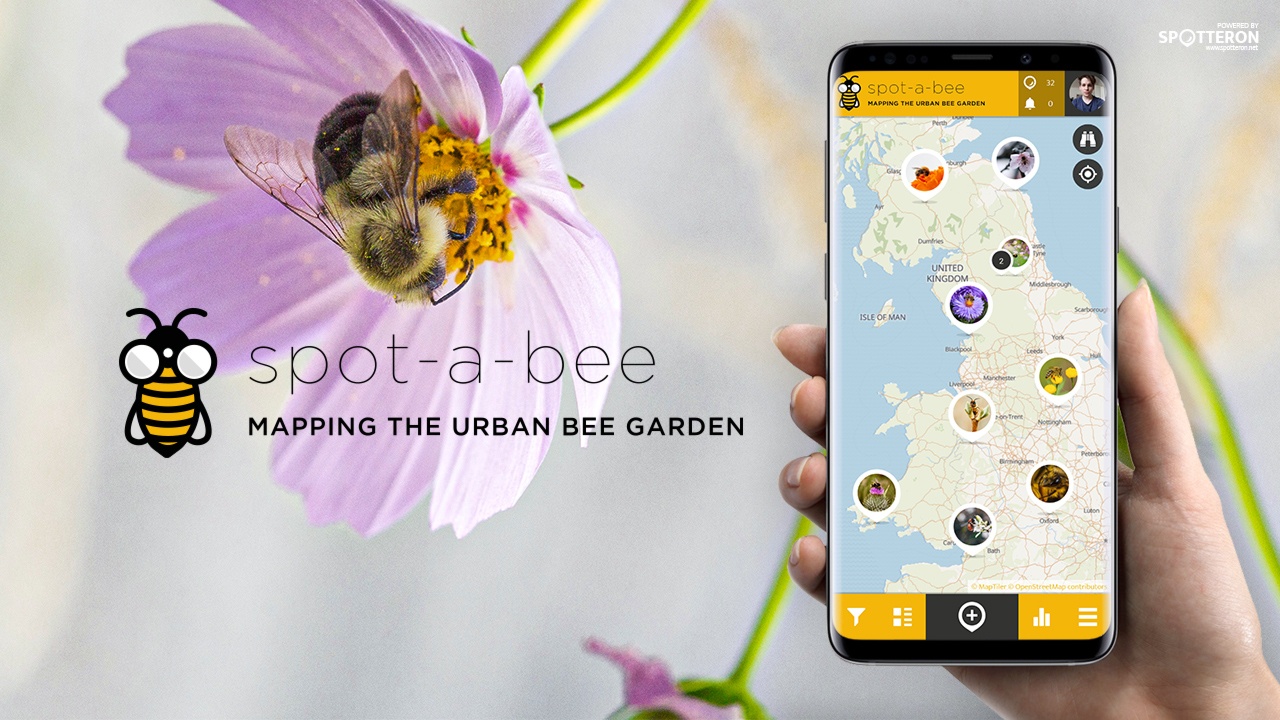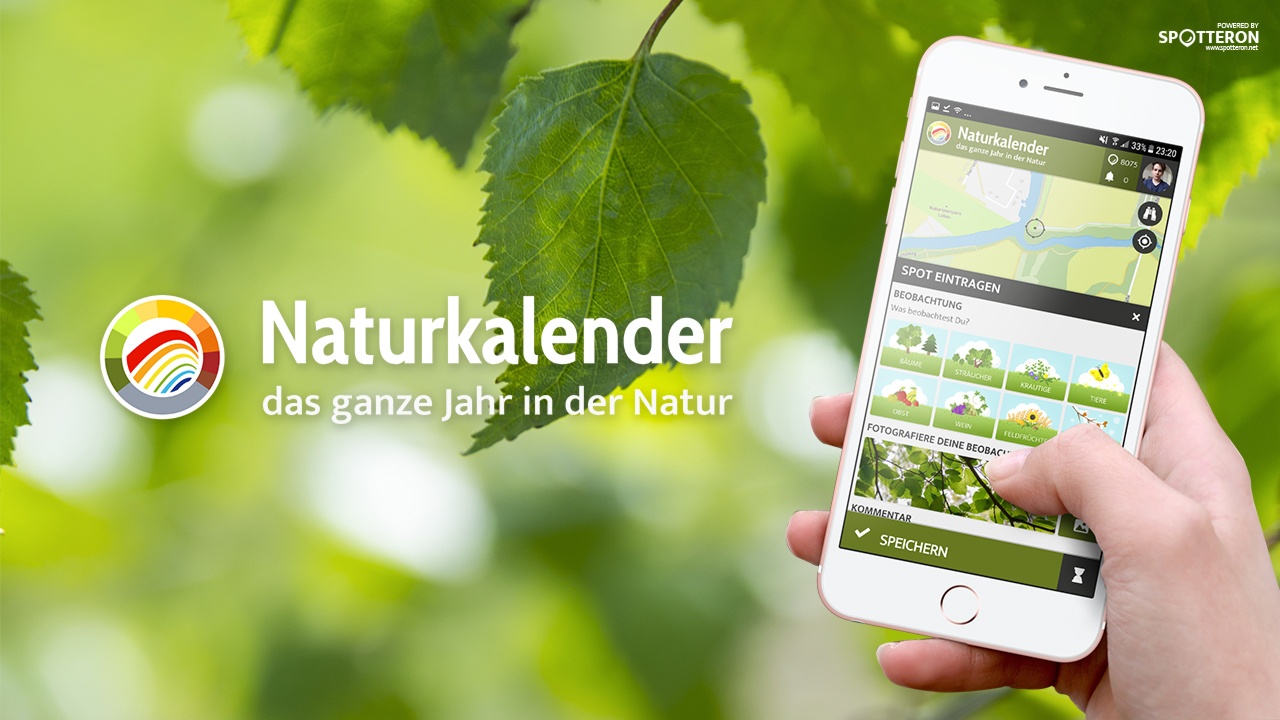Short note: This website is in Beta - we are currently building everything up but you can already find the apps to download and participate! Thank you and stay safe!
Nature Park Garden - Small Gardens, Big Impact | BUND
Gardening is currently experiencing a renaissance. Eating fresh, healthy fruits and vegetables from your own garden is a beautiful experience. It is even better when you consider natural cycles in cultivation, avoid pesticides and peat, and promote biodiversity. Gardens offer enormous potential for protecting biodiversity. This Citizen Science App will help you with that!
Be part of creating a large nature park of insect-friendly gardens!
Allotments and private gardens, and communal green spaces with their biodiversity are part of the German cultural heritage and have enormous potential as habitats for insects, birds and small mammals, provided they are managed in a natural and pesticide-free manner. Many hobby gardeners are already doing this, but the knowledge is often not very widespread. The BUND would like to make the large area of near-natural gardens visible and put it into focus.
Why participate?
The BUND gives tips and advice on natural gardening without pesticides and peat and for diversity in the garden and would like to encourage gardeners, school classes, municipalities and interested parties to make their gardens, areas and balconies insect-friendly and to share their experiences. The aim is to create a large contiguous area (biotope network) of insect-friendly gardens in Germany, where valuable species can spread out and thrive. Take part and put your garden, school garden, balcony or communal green space on the map and help protect our nature and biodiversity!
ClimateWatch
Are you concerned about the environment? Do you want to help preserve the natural heritage of Australia for generations to come? Then get involved with the ClimateWatch App - the first continental phenology project in the Southern Hemisphere - and be part of an active community making a real difference to the future of our planet.
NatureSpots - observe nature
Anyone with a passion for nature, photography, and the protection of our planet can be a naturalist. The NatureSpots App enables nature lovers, biodiversity enthusiast, nature conservation activists and everyone else interested in wildlife and natural habitats to share animal, plant or fungi observations and habitat discoveries on their adventures.
Once you start you won't be able to stop - suddenly you'll know more plants, mushrooms and animals than ever before. You'll explore new habitats with your smartphone and reveal secret worlds. You'll make discoveries and get to know your surroundings better. The NatureSpots App is your companion on travels, walks, hikes, and your diary about your nature sightings.
Spot-a-Bee
At the Spot-a-Bee Citizen Science project, the researchers of Cardiff University and the University of Glasgow, UK want to find out what plants, trees and shrubs are important for bees in city and town parks and gardens. People can help survey bee-friendly plants towns, cities and villages! If you spot a bee, use your mobile to take a picture of the plants they’re buzzing around and upload the spot in the Citizen Science app.
Explore the fascinating world of bees with Citizen Science
The Spot-A-Bee app allows you to observe and document any flowers, shrubs, climbers or trees and the bees on them. Additionally, it contains useful information on those plants and the most common bee species in the UK.
As a bonus, the researches behind Spot-A-Bee also want to understand how planting in urban spaces might affect the production of urban honey.
Nature's Calendar
"Naturkalender" (Nature's Calendar) is the Austrian phenology app for interested Citizen Scientists who want to support phenology and climate protection by observing their surroundings. The focus lies in the development of certain so-called phenological indicator plants. Through community science observations of plants that start to bloom, bear fruit, or shed their leaves, or animal activities, they support the data collection of the Austrian Central Institute for Meteorology and Geodynamics (ZAMG) and the European Phenology Database.
Better understaning of climate change and what to do about it
These observations have been recorded at the Central Institute for Meteorology and Geodynamics (ZAMG) since 1851. Since then, voluntary so-called Citizen Scientists have been supporting them all over Austria by observing nature for us. With the Nature's Calender Citizen Science app, phenology has finally arrived in the 21st century. Here you can easily record your own nature observations on the map with your smartphone all year long, be active in the nature calendar community and, at the same time, learn a lot about nature. Due to the easy handling of the app, people from all age groups can be found in the community, and a lively exchange of interesting information takes place. And best of all: with your entries, you can help scientist to better understand climate change and find solutions for the challanges it brings.
Can I use my user account in multiple apps?
Absolutely! After creating your user account, you can log in with it in all apps and projects on the SPOTTERON platform without the need to register again. You can find additional apps and topics here: https://www.spotteron.app/apps - Please be invited to download any app which you like to join and start spotting!
How can I erase my stored personal data?
GPS-Location doesn't work. What can I do?
Please visit the website about the SPOTTERON Platform on www.spotteron.net
This website uses no external trackers, no analytics, just session cookies and values your online privacy.

